How to deal with Teething baby sign and symptoms | Best Tips
By: My Cutie Pie
As a mother, you're probably all too familiar with the early signs that teething is imminent: Drooling, crankiness, and disrupted sleep patterns.
Fortunately, these early symptoms need not herald a time of stress and pain for mother and baby alike: There are ways to care for your teething infant that will minimize his or her suffering and have you both smiling again.

When Do Babies Start Teething?
According to the maternity website What To Expect, “Teething symptoms can precede the actual appearance of a tooth by as much as two or three months.”
Though there is a lot of diversity when it comes to teething's age of onset, most babies grow their first tooth at around 7 months of age.
However, growing a tooth at just two or three months of age is not unheard of, and some infants may not grow any teeth until they are a year old.
see below baby teething chart.
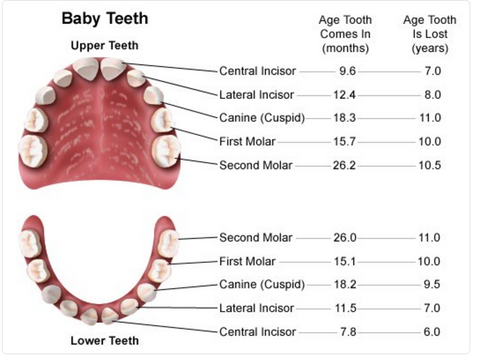
In What Order Do Teeth Appear?
Babies usually get their front teeth first, with the bottom teeth often erupting initially and the top two teeth following close on their heels.
Tooth growth then radiates outward from there, with the infant growing his or her first lateral incisors and then his or her first molars.
The baby's mouth is finally filled out with the appearance of canine teeth and back molars.
The best part.
The Best Teething Remedies
Some babies experience little pain and discomfort with teething, while others go through quite an ordeal. If you have a fussy infant, don't reach for chemical medication without first trying the gentle, natural remedies below:
Chewing Aids
Teething babies are known for their sudden, insatiable love of chewing—and for good reason. The counter-pressure provided by chewing relieves the sensation of internal pressure caused by the erupting teeth below and may also help to speed tooth eruption. Mothers should do everything they can to provide safe and effective chewing and gumming aids, such as:
- A Wooden Ring With A Safe, Gentle Cotton Cover.
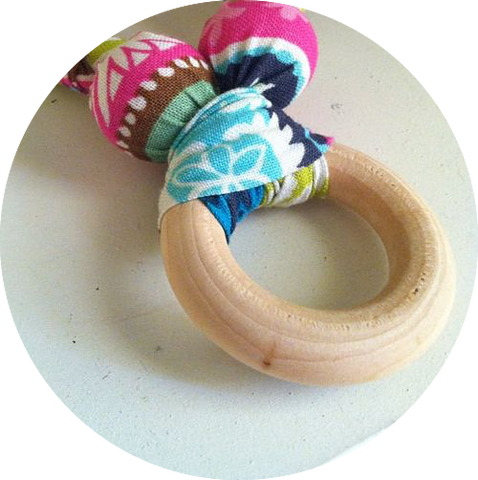
With our modern knowledge of how the dangerous chemicals in plastic and synthetic fibers can harm a developing infant, we know that conventional plastic toys and materials are best avoided—fortunately, you'll find a wonderful natural alternative in this all-organic wooden teething ring with its dye-free cotton bunny covering.
- A Silicone Baby Teether/Teething Banana Silicone Toothbrush.
Unlike conventional plastics, silicon is completely safe and inert, hence why it's used for medical purposes; your baby will be both safe and happy chewing on this banana silicone toothbrush.
As an added bonus, the brush will help your baby to maintain optimal oral hygiene (remember, healthy gums are an important precursor for healthy teeth).
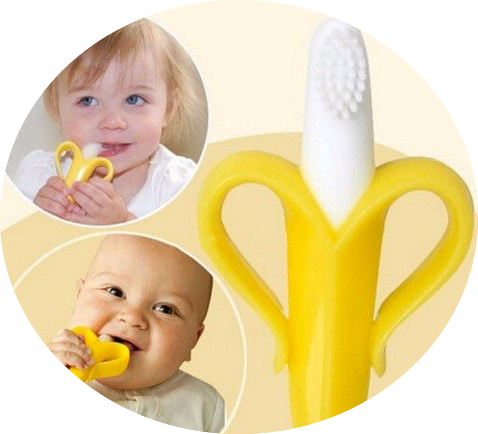
- Amber Teething Necklaces.
Genuine Baltic amber has a number of reported benefits for teething infants: In addition to providing a completely safe and natural hard material to gum, natural amber has been shown to have anti-inflammatory (and therefore pain-relieving) properties.
Many parents have said that natural amber even appears to minimize crying, helps infants sleep more soundly, and improves their immune systems.

- A Soft Silicone Finger Toothbrush For Baby.
This soft silicone finger toothbrush is a great way to help your baby both experiences the relief of counter pressure and the inimitable calming effect of maternal care.
Place this safe silicone toothbrush on your finger and then gently rub your baby's gums, working to both soothe the discomfort of teething and increase your child's oral hygiene.
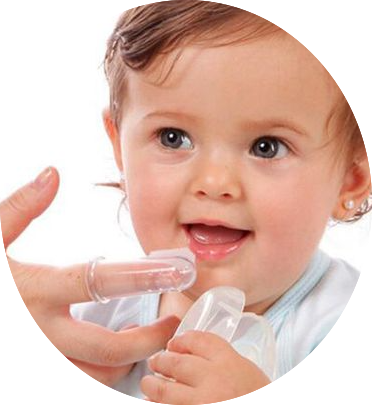
Why does this matter?
For additional relief, try placing your baby's chewing aids in the fridge for a while before they are used; the coolness of them will help to soothe irritated gums.
Your baby may also enjoy cold food and drinks (if he or she is over six months of age, try offering a bottle or cup full of icy-cold water), chilled yoghurt, blended fruit (in a safe baby-feeder mesh bag and while under supervision to mitigate choking risk), or applesauce. You can also try:
- A Baby Bite Pacifier And Food Supplement.
The Baby Bite Pacifier not only offers relief through coldness (as you can add chunks of frozen fruits to it for your baby to suck on), it allows your baby to start safely sampling new foods.
Additionally, as your baby will be ingesting fruit juice while using this pacifier, he or she will be getting the extra benefit of vitamins and minerals.
That's not all the most important part is What Not To Do When You Have A Teething Baby
Never use topical numbing agents on your baby's gums such as alcohol, says the Food and Drug Administration (FDA); not only are these medications not intended for ingestion even in adults, research has shown that they can put children under age 2 at risk for reduced blood-oxygen levels.
With the right approach, the challenges of teething can be overcome, and this experience can even provide a valuable bonding opportunity for you and your baby.
Here's the deal.
It is also advisable to see your doctor before you do any experiment.
Click here to see our new categories of products - Mummy's Helper
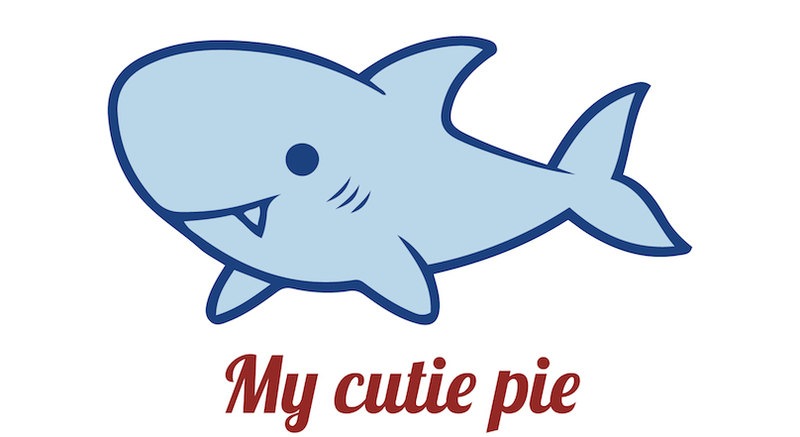
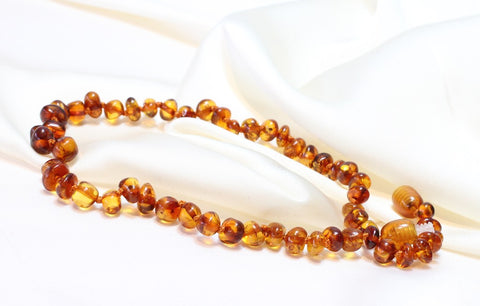
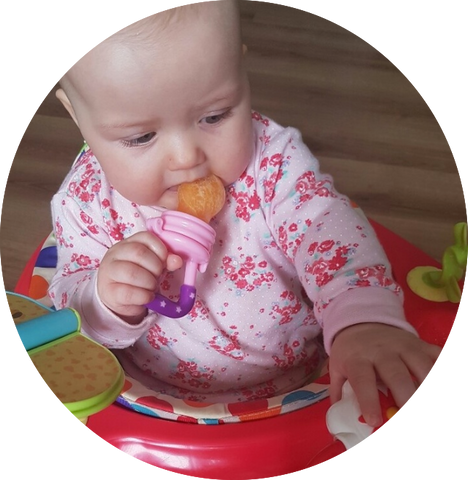
2 comments
I read a lot of problems for my child’s teeth to remedy.
Is your baby showing teethingsymptoms? Here are my top tips for handling teething to reduce the pain for your little one.